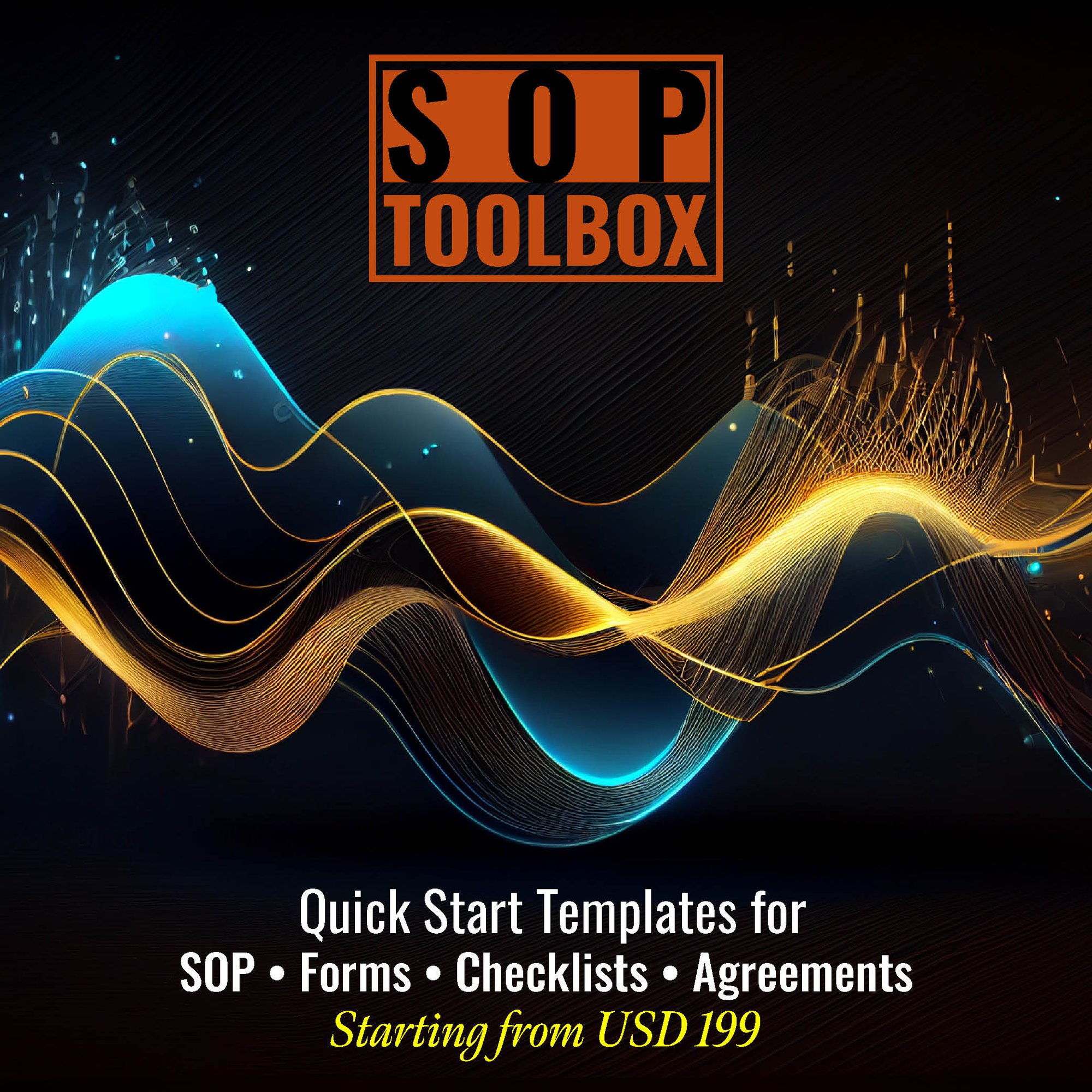Agreements hold a distinct importance within the context of courts, forming the legal backbone that governs various aspects of judicial proceedings, dispute resolution, and justice administration. One of the foundational agreements in this domain is the Court Rules, which establish the procedural framework for conducting legal proceedings, including rules related to filing documents, timelines for responses, courtroom conduct, evidence presentation, and appeals processes. These rules ensure fairness, transparency, and efficiency in the adjudication of cases.Additionally, agreements related to court appointments are crucial for the selection and appointment of judges, magistrates, court clerks, and other judicial personnel. These agreements outline the qualifications, responsibilities, tenure, compensation, and ethical standards for individuals serving within the court system, maintaining integrity and competence in judicial decision-making.Furthermore, agreements related to court facilities and operations cover aspects such as leasing agreements for courthouse buildings, maintenance contracts for court facilities, security agreements for protecting court premises, and technology agreements for case management systems and electronic filing platforms. These agreements contribute to the effective functioning and accessibility of court services for litigants, attorneys, and the public. Moreover, agreements related to alternative dispute resolution mechanisms, such as mediation and arbitration agreements, play a significant role in resolving disputes outside the traditional court process, promoting efficiency, cost-effectiveness, and privacy in conflict resolution. Overall, agreements in the context of courts are essential for upholding the rule of law, ensuring access to justice, safeguarding rights, promoting judicial integrity, and fostering trust in the legal system. These agreements form the legal infrastructure that enables courts to fulfill their constitutional mandate of administering justice impartially and effectively.
List of Top 50 Agreements for Courts.
AGT-343-001 Court Rules Agreement
AGT-343-002 Judicial Appointment Agreement
AGT-343-003 Court Facility Lease Agreement
AGT-343-004 Court Maintenance Agreement
AGT-343-005 Court Security Agreement
AGT-343-006 Technology Agreement for Case Management Systems
AGT-343-007 Electronic Filing Agreement
AGT-343-008 Evidence Presentation Agreement
AGT-343-009 Appeals Process Agreement
AGT-343-010 Courtroom Conduct Agreement
AGT-343-011 Legal Representation Agreement
AGT-343-012 Witness Testimony Agreement
AGT-343-013 Court Reporting Agreement
AGT-343-014 Court Transcription Agreement
AGT-343-015 Court Interpreting Agreement
AGT-343-016 Mediation Agreement
AGT-343-017 Arbitration Agreement
AGT-343-018 Settlement Agreement
AGT-343-019 Judgment Enforcement Agreement
AGT-343-020 Case Management Agreement
AGT-343-021 Discovery Agreement
AGT-343-022 Pretrial Conference Agreement
AGT-343-023 Trial Scheduling Agreement
AGT-343-024 Court Registry Agreement
AGT-343-025 Litigation Funding Agreement
AGT-343-026 Attorney Fee Agreement
AGT-343-027 Court Fee Agreement
AGT-343-028 Court Access Agreement
AGT-343-029 Court Records Agreement
AGT-343-030 Courtroom Technology Agreement
AGT-343-031 Expert Witness Agreement
AGT-343-032 Courtroom Security Agreement
AGT-343-033 Courtroom Decorum Agreement
AGT-343-034 Legal Aid Agreement
AGT-343-035 Public Defender Agreement
AGT-343-036 Court Clerk Agreement
AGT-343-037 Bailiff Agreement
AGT-343-038 Jury Selection Agreement
AGT-343-039 Jurisdiction Agreement
AGT-343-040 Venue Agreement
AGT-343-041 Court Order Agreement
AGT-343-042 Contempt of Court Agreement
AGT-343-043 Courtroom Protocol Agreement
AGT-343-044 Courtroom Accessibility Agreement
AGT-343-045 Courtroom Ethics Agreement
AGT-343-046 Courtroom Decor Agreement
AGT-343-047 Courtroom Seating Agreement
AGT-343-048 Courtroom Technology Usage Agreement
AGT-343-049 Courtroom Broadcasting Agreement
AGT-343-050 Courtroom Security Protocol Agreement
















